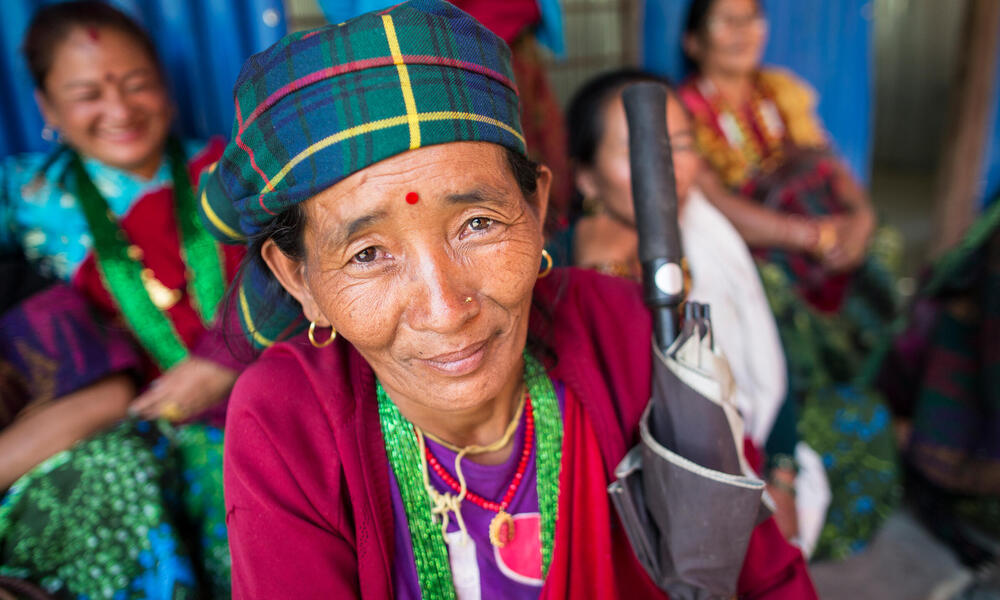WWF's commitment to local communities and Indigenous peoples
Community development and respect for human rights are central to our work. The most important inhabitants of any forest, river basin, or seascape are its people. Our mission—to create a future where nature and people thrive—rests on partnerships between WWF and the local and Indigenous communities in the places where we work. We know that communities depend on nature for many aspects of their lives—as a foundation for their culture, their food, their water, their efforts to create new forms of sustainable economic development, and more. And we know that conservation is only sustainable if it benefits local communities, and if they play an active role in the design, execution, and evaluation of programs, along with accountability when problems arise.
WWF continues to follow the requirements of each funding partner that supports our work, and we make those requirements binding on every sub-grantee as required. WWF's own policies emphasize the importance of advancing human rights in all our efforts.
The principles of WWF's social policy include:
- Human Rights. WWF recognizes human rights as central to achieving effective and equitable conservation and development outcomes. WWF has adopted, with many other conservation NGOs, a human rights approach that respects the fundamental value of human rights, good governance, and engaged civil society in achieving environmental sustainability and effective conservation outcomes.
- Indigenous Peoples and Conservation. WWF recognizes that Indigenous Peoples are among the Earth’s most important stewards of natural resources. We respect Indigenous and traditional Peoples’ human and development rights and recognize the importance of conserving their cultures. WWF collaborates with many Indigenous Peoples and organizations to conserve and sustainably use natural resources and to advocate on issues of common concern.
- Economic Inequality and Conservation. WWF strives to find equitable solutions for people and the environment and to enable communities to achieve tangible benefits from the conservation and sustainable use of natural resources. Where economic inequality levels are high and people are heavily dependent on natural resources for their well-being, WWF takes a proactive position, embracing an inclusive approach to conservation and making special efforts to enable local people to play a key part in crafting solutions for sustainable development.
- Gender. WWF is committed to equity and integrating a gender perspective in its policies, programs, and projects. We understand that gender refers to the socially constructed roles and opportunities associated with women and men and recognize differences and inequalities between women and men in access to and control over resources and decision-making opportunities, in particular in relation to environmental resources.
